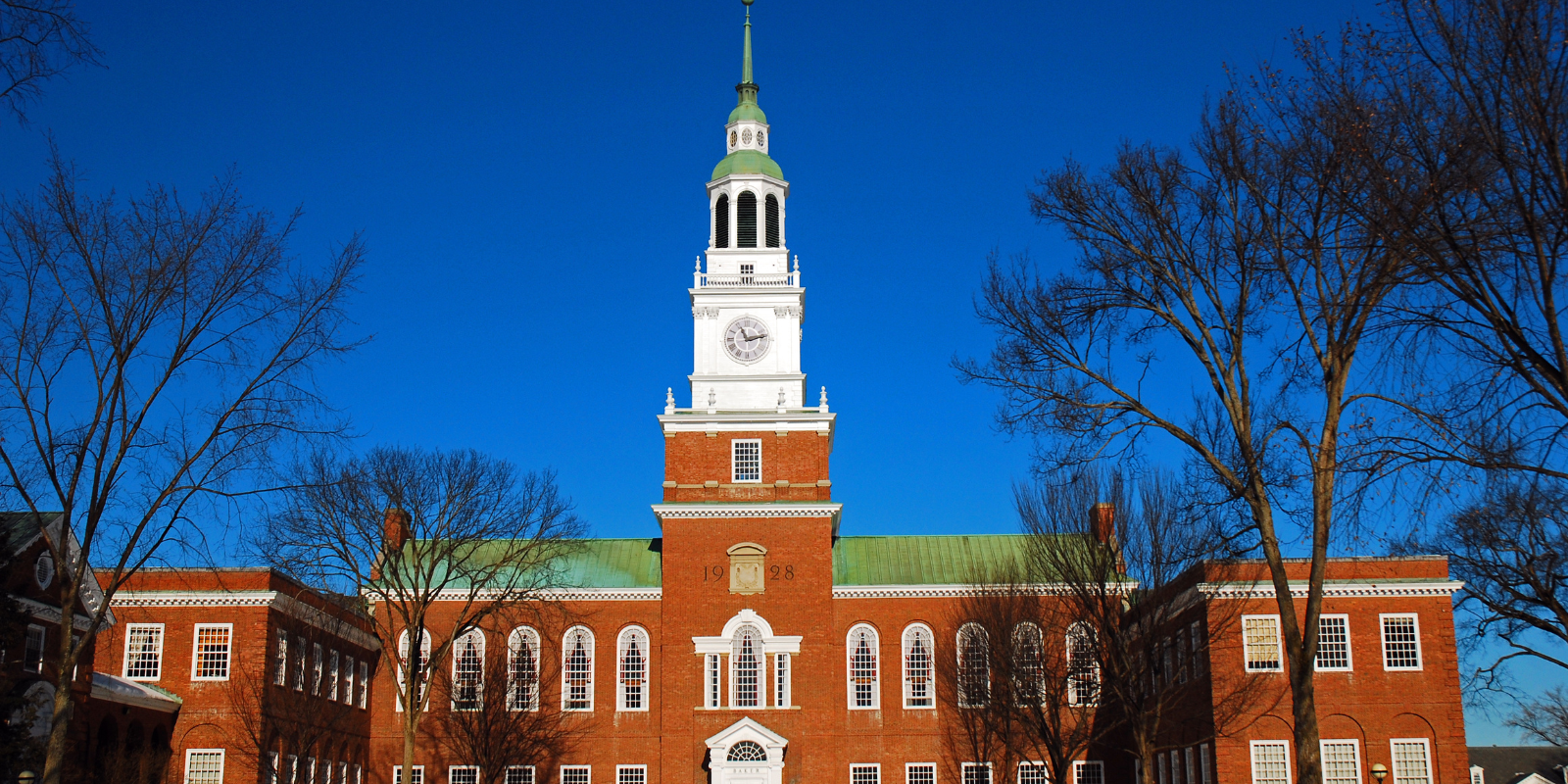For library workers at Dartmouth College, the urgency to organize a union became clear during the COVID-19 pandemic.
“When it mattered the most, we had no voice, we had no say — and COVID was the kicker,” said Bridgett Bonar, an acquisition data specialist at Dartmouth College’s main Library.
Ninety library workers formed a union — AFSCME Local 603 — through Council 93. Negotiations on a contract began in February 2024. Members of Local 603 ratified their first contract this spring.
The rough road
The path to unionizing was long. For nearly three years, library workers at the Ivy League institution in Hanover, N.H., organized through the pandemic. They kept at it despite remote-work schedules, departmental silos, and rising living costs — all while contending with sudden changes, unequal work standards and unequal pay.
“Most of us can’t afford to live in town,” said Daniel Abosso, an eight-year research librarian at the main library. “We had to organize on Slack, email, in socially distanced hallway conversations — whatever it took. And we made it work.”
“The administration wouldn’t budge. They came to sessions with nothing prepared, struck down entire proposals without real discussion, and almost never countered,” said Bonar. “The strategy was to wear us out.”
But that didn’t work on a crew that never quits. With a seven-member bargaining team, strong unit support, and a shrewd negotiating team from Council 93, the workers stayed united. They relied on various academic library contracts and negotiating tactics, research, and constant communication with colleagues to build power at the table.
Victory!
On May 7, the workers ratified their first contract.
“We aimed high and stood our ground,” Abosso said. “We knew we were setting a foundation-for today, and tomorrow’s contracts.”
The contract wins include 22 days of vacation for all staff, a $22/hour minimum wage, signing bonuses, paid parental leave, expanded bereavement leave, professional development time, and the first-ever codified workplace standards.
“Even things we didn’t get in writing have started changing,” Abosso noted. “That’s the power of a union — we set expectations.”
The Dartmouth College library workers union is another example of cultural workers building power through AFSCME.
AFSCME Cultural Workers United is leading the largest organizing movement for workers at the nation’s museums, libraries, zoos and other cultural institutions. CWU represents 45,000 workers at cultural institutions, more than any other union.
